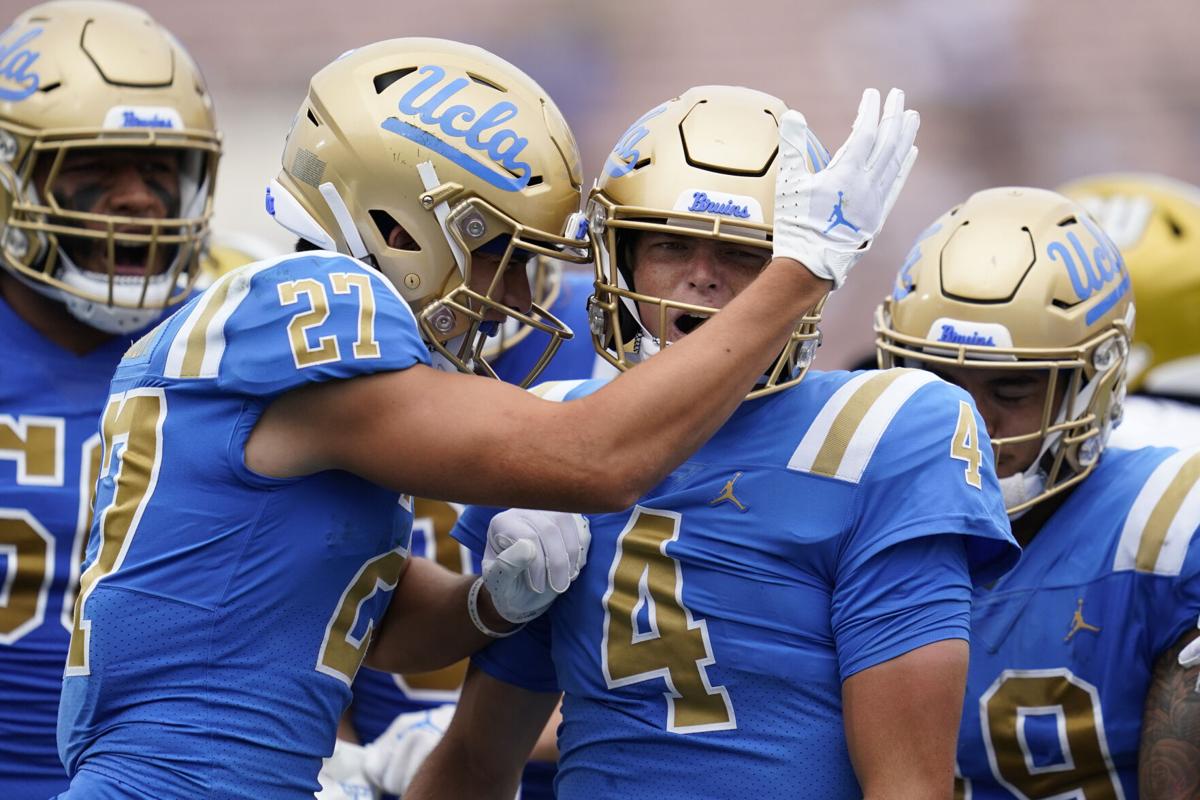The next step in UCLA’s planned move into the Big Ten is officially on the calendar.
The University of California’s Board of Regents will discuss the situation in a closed session on Sept. 22 at 10 a.m., according to the agenda item posted on the regents’ website: UCLA Big Ten Membership — Potential Legal Issues and Financial Impacts.
The school’s announced departure from the Pac-12 has been met with resistance from the regents and Gov. Gavin Newsom, who blasted the lack of transparency behind the move and expressed concern about the impact on other UC campuses.
More recently, the regents discussed UCLA’s plans in an open session.
In a crucial exchange, general counsel Charles Robinson made clear that the Regents had the authority to block the move by withdrawing the authority over conference membership delegated to each chancellor.
“For this particular matter, the regents could say, ‘We want to act and therefore we do not want the (UC) president or the (campus) chancellors to act in this area,’ and simply assert that,” Robinson said.
Will they?
There are several potential outcomes:
With power of the purse, the Regents could insist UCLA use its revenue distributions from the Big Ten to reimburse Cal for any losses incurred. The Bruins are expected to receive about $75 million annually in media revenue in the Big Ten, while Pac-12 schools could be left with just $35 million annually without the Los Angeles market.
The regents could overturn UCLA’s move unless accommodations are made for Cal to join the Big Ten, as well.
They could, after a stretch of blustering, allow the Bruins to proceed as planned.
The University of California Office of the President did not immediately respond to a Hotline request to provide details of the agenda item.
The stakes are massive, for UCLA and the Pac-12. The conference could lose millions of dollars in revenue annually without UCLA as a member — USC is also leaving — because of the value created by having a campus in the massive Los Angeles media market.
The exact value each school brings to the conference is pure conjecture.
USC has the stronger football brand and greater ability to generate ratings, which factors into valuation assessments. But if UCLA were forced to reverse course, the conference would benefit from direct access to the 5.7 million homes in the Southern California market, thereby increasing revenue to its media partners through retransmission fees, monthly cable subscriptions and advertising.
That would boost the Pac-12’s annual media revenue by several million dollars per school per year.
Put another way: The conference was expected to receive approximately $42 million per school annually in the next media contract cycle if the Trojans and Bruins had remained members. If USC leaves but UCLA stays, the loss could be only a few million dollars.





